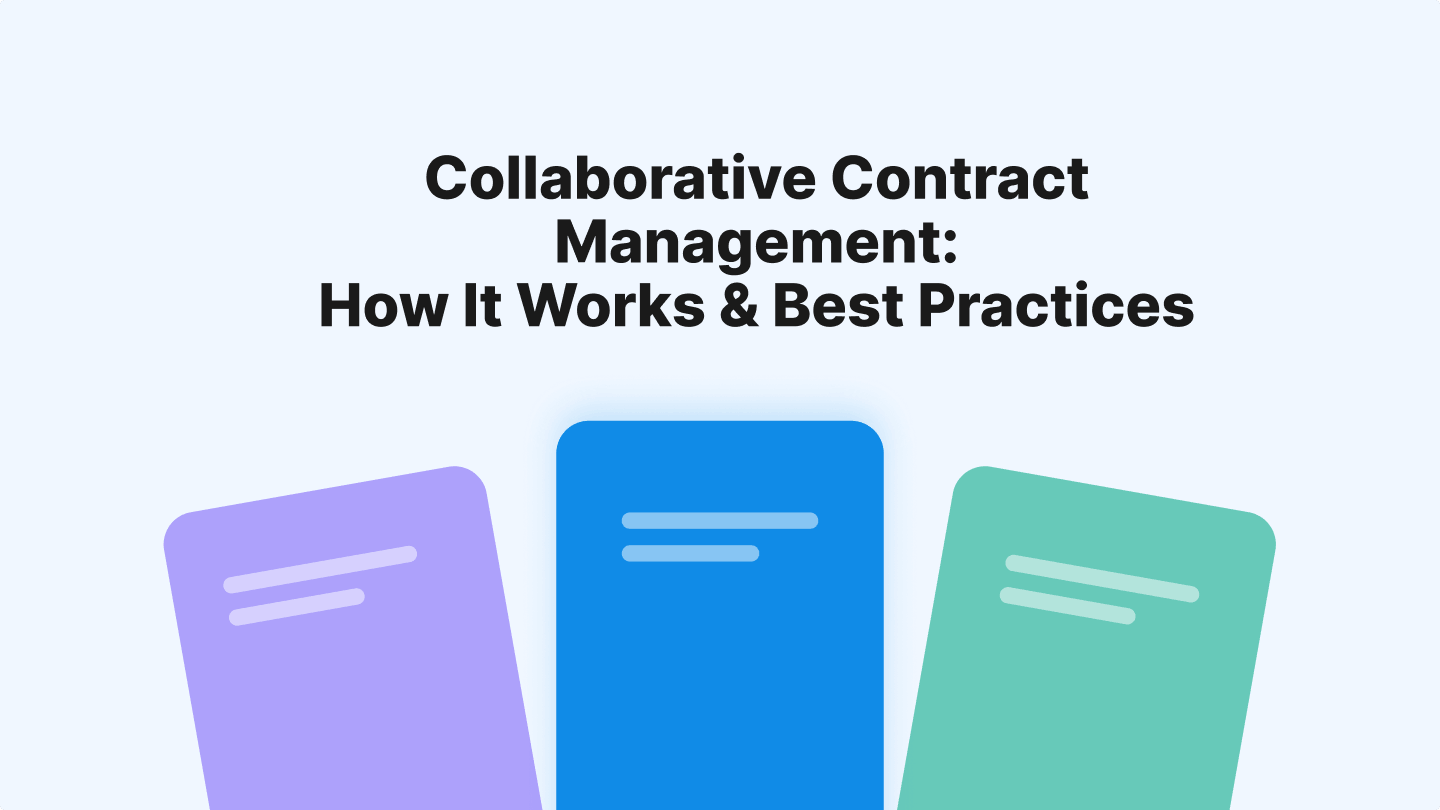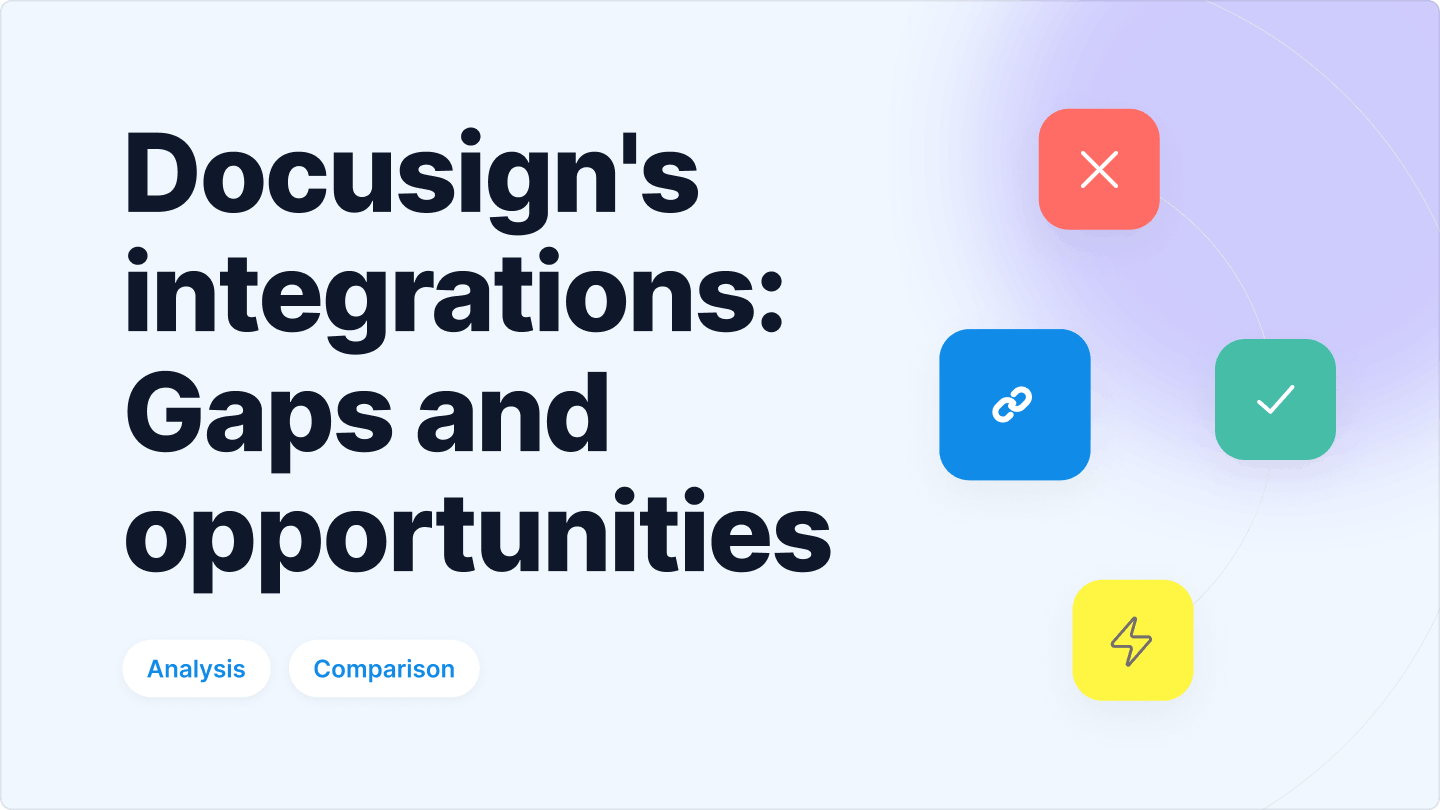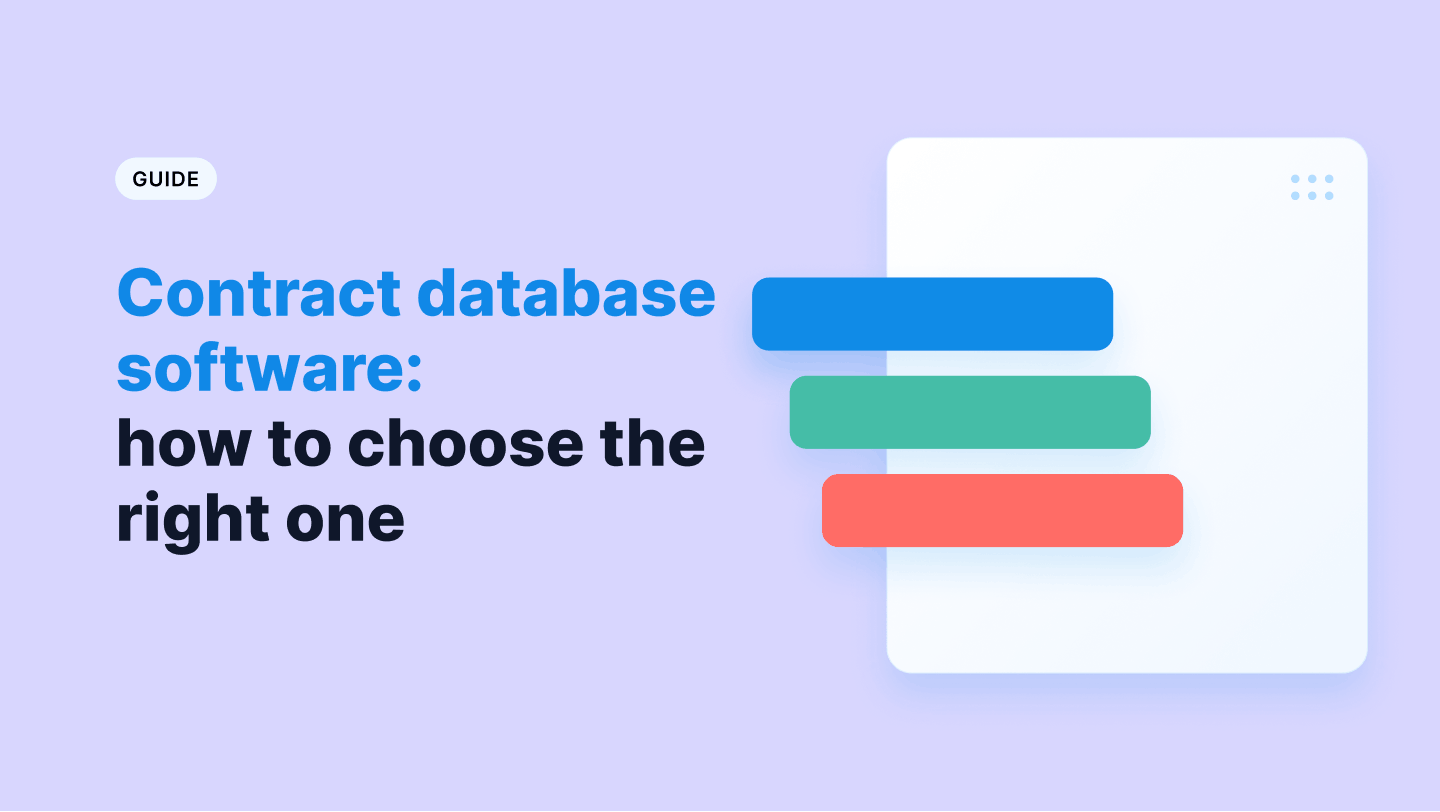Tax season is everyone’s least favorite time of the year. Running a business is already stressful, and the added anxiety of the looming tax deadline makes the whole process even more daunting. Luckily, there are simple hacks that can minimize the stress associated with filing taxes:
1. Stay organized
By far, the easiest way to minimize the hassle of tax season is by staying organized and keeping updated records of receipts, payments, and expenses. The IRS demands documented proof for claims, so having everything stored and accessible can reduce a substantial amount of time and pressure.
Organization also helps maximize deductions and reimbursements without the pain of scrambling to find misplaced financial records. Additionally, it makes it possible to file taxes at the earliest possible time because paperwork is readily available at your fingertips.
Tools like Shoeboxed will scan, process and organize your receipts so that vendor, total amount, date and payment type are extracted and available in a searchable online account—without you ever having to lift a finger. You can also tag receipts as reimbursable or deductible so when you file taxes, your documents are already cataloged appropriately.
2. Go paperless
Having trouble organizing your expenses? Go paperless! Digital records are remarkably easier to organize than analog records, and they also speed the process of categorizing expenses for itemized deductions. Using a system like Shoeboxed to keep a digital archive of expenses also gives you the ability to search for specific documents without having to look through piles of paper and filing cabinets, cutting a significant amount of time and stress from your tax prep.
3. Don’t procrastinate!
Unless you want to have a very stressful week, don’t wait until right before April 18 (note – tax day is usually April 15) to prep and file your taxes! Last year, the IRS reported that 28% of tax filers waited until the last few weeks before tax day to file their return. Sure, you can file for an extension if you can’t make it before the IRS deadline, but there are drawbacks to this, like late fees. And, just because you file late doesn’t mean you get extra time to pay taxes if you owe the government money.
Plus, when you take your time to carefully approach a tax filing, it won’t seem as stressful or time-consuming. You’re more likely to make an error or miss out on a deduction if you rush the process.
4. Seek financial advice when needed
With an endless supply of information, the Internet can answer any question you may have related to taxes. Sometimes, though, having 10+ pages pulled up with an overwhelming amount of information can make material difficult to digest. If your questions are very intricate and situational, it may be best to approach a tax expert or CPA. Examples of these questions may include:
- Do I have a limit for my charitable contributions?
- Should I itemize deductions? How in-depth?
- When should I contribute to an IRA?
- Should I file jointly, as single, or as head of household?
- I have all these miscellaneous business expenses and reports, but which ones should I keep for reimbursements and deductions?
Sometimes it’s easy to do a quick Google search for these common tax questions. Other times, the answer depends on your business situation, among other variables.
If you have an accountant, keep in touch with them throughout the year. There’s no reason you should wait until tax season every year to speak to them. CPA’s are experts in their field and they’re a great resource who can put you up to date with all the latest changes in tax policy.
Stay organized, plan ahead, and say goodbye to a stressful tax season!












